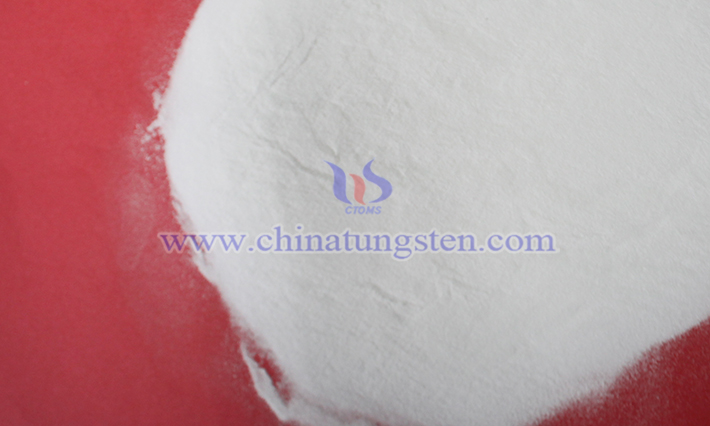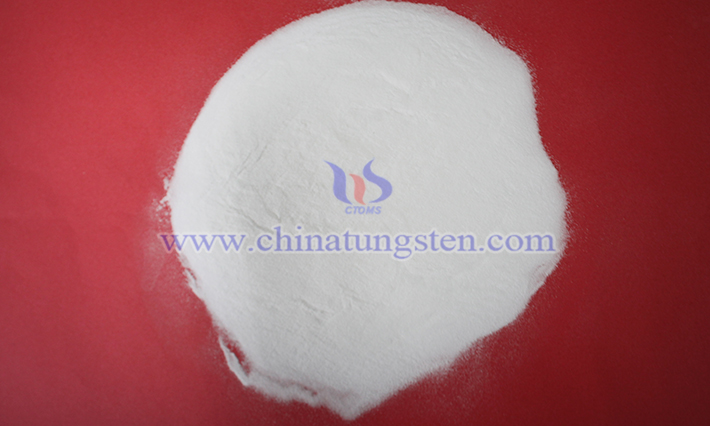What Is the Catalytic Performance of Ammonium Metatungstate?
- Details
- Category: Tungsten Information
- Published on Tuesday, 20 May 2025 18:56
Ammonium metatungstate (AMT) is a significant tungsten compound, highly valued for its catalytic properties in industrial applications. For instance, in the production of denitration catalysts, AMT-based catalysts typically use titanium dioxide as a carrier. Through specialized preparation processes, AMT is loaded onto the carrier, forming a catalyst with high activity and stability, used to adsorb pollutants like sulfur and nitrogen oxides emitted from coal-fired power plants. In petroleum refining, AMT serves as a catalyst to promote cracking reactions, hydrodesulfurization, and hydrodenitrogenation reactions.

The catalytic performance of AMT refers to its ability to alter the rate of a chemical reaction (either accelerating or slowing it) without undergoing any change in its own chemical composition or quantity before and after the reaction. This process, known as catalysis, hinges on the catalyst lowering the reaction's activation energy, making it easier for reactant molecules to reach an activated state, thus speeding up the reaction, or suppressing side reactions and directing the reaction toward a specific pathway through particular mechanisms.
AMT possesses a special polyacid structure, such as the Keggin-type, which provides a large specific surface area and abundant active sites. During catalytic reactions, reactant molecules can fully interact with these active sites, concentrating on the surface and undergoing reactions. Additionally, its anionic structure exhibits a "pseudo-liquid phase" characteristic, allowing reactant molecules to diffuse freely within, significantly increasing the reaction rate and enhancing catalytic efficiency.

Factors influencing AMT's catalytic performance include its crystal structure, the pH of the solution, and ammonium ion concentration. Lattice defects may reduce AMT's thermal stability or alter its catalytic properties. During preparation, the solution's pH determines the polymerization form of tungstate ions, affecting the crystal's chemical composition. In weakly acidic conditions, a stable Keggin-type structure forms easily, yielding a product with high solubility and catalytic activity. Insufficient ammonium ion concentration may lead to incomplete structures, diminishing catalytic performance.
- Chinatungsten Online: ammonium-metatungstate.com
- CTIA GROUP LTD: en.ctia.group
- Tungsten News & Price: www.ctia.com.cn
- Molybdenum News & Price: news.molybdenum.com.cn
- Tel.: 86 592 5129696; Email: sales@chinatungsten.com



 sales@chinatungsten.com
sales@chinatungsten.com